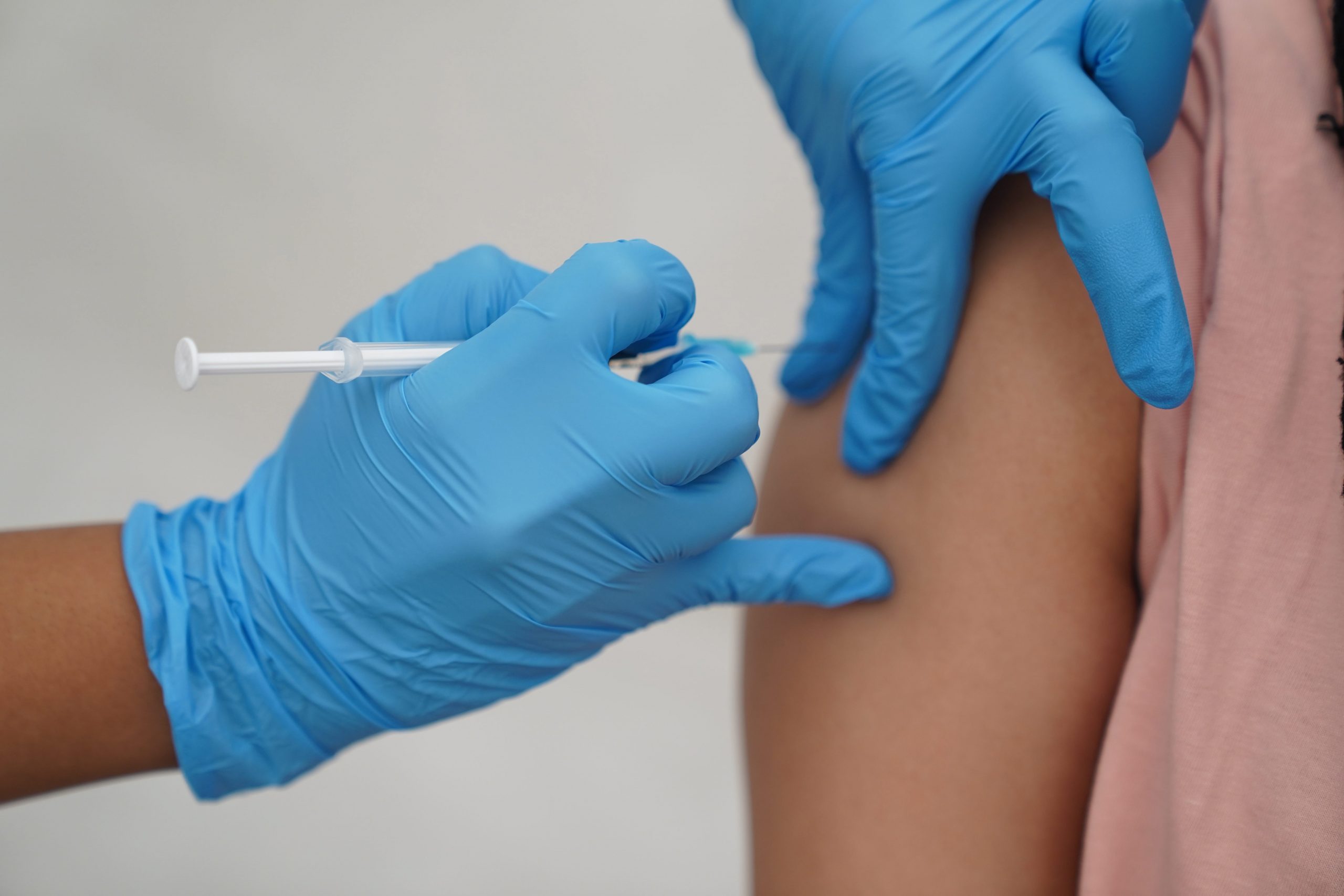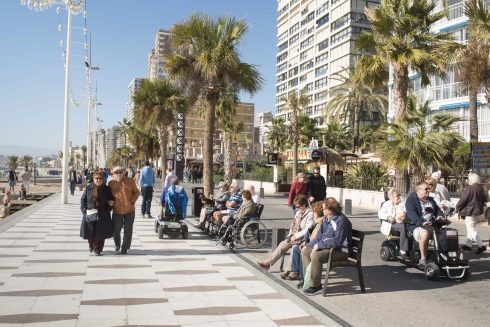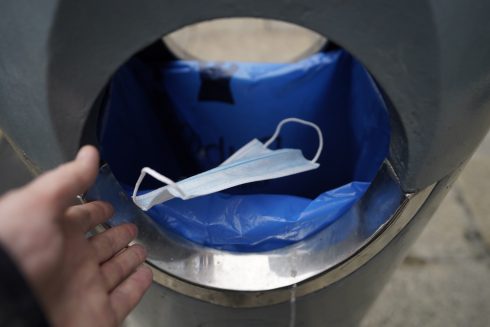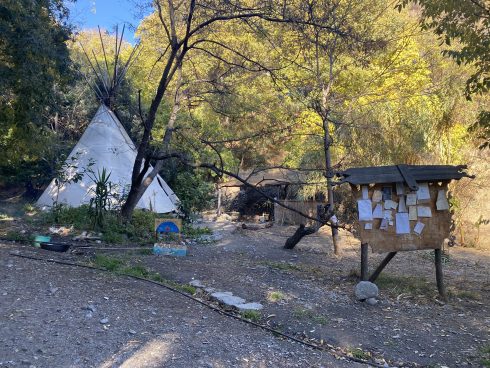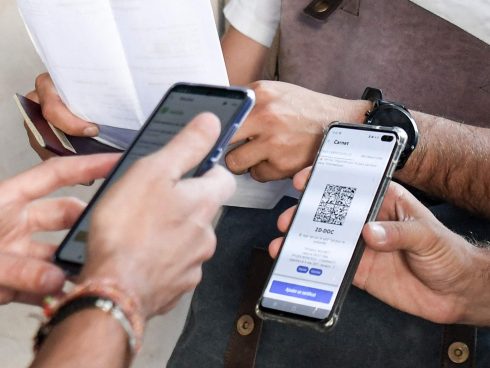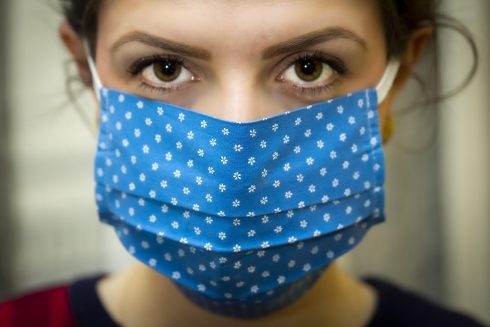CHILDREN aged under 11 are producing the highest number of new COVID-19 cases in the Valencian Community.
The news comes in a week where vaccinations have started in the 5 to 11 year category in the region, beginning with the oldest youngsters.
The regional health ministry says that the Valencian Community has returned to an ‘extreme risk’ category for the first time in four months.
Latest figures show the region standing at 528.42 cases per 100,000 people.
The ‘extreme risk’ level is reached at 500 infections with the national average on 472.90 cases.
AGE BREAKDOWNS
The most infected age group in the Valencian region are children aged under 11 with 845.85 cases per 100,000 children aged under 11.
The 12 to 19 age category has a rate of 388.90 cases.
The figure climbs to 519.45 for people in their 20s, while the 30s age range comes in at 597.76.
The second largest age band for COVID-19 infections are people aged between 40 and 49, with 669.92 infections per 100,000 residents.
There are 471.47 cases in the 50s category and 509.19 infections among the 60s.
Finally the rate is 235.69 for the 70s and 166.71 in people aged 80 and over.
BOOSTERS AND PASSPORTS
The booster vaccine programme initially targeted residents aged 70 and over, and was extended a few weeks ago to the 60’s age band.
On Thursday, Spain’s Health Minister, Carolina Darias, announced that people aged 40 and over could apply for boosters.
The Valencian Community is operating a COVID passport scheme to access indoor hospitality as well it being required to visit patients in hospitals and residents in care homes.
Areas where it is used could be expanded to cinemas and theatres when the measure comes up for renewal before the Valencian Superior Court.
READ MORE:-
- Spain extends COVID-19 vaccine booster shots to people in their 40s and 50s
- Spain confirms 40 Omicron variant COVID-19 cases so far
- Compulsory use of COVID-19 passports may be expanded in Costa Blanca and Valencia areas of Spain

